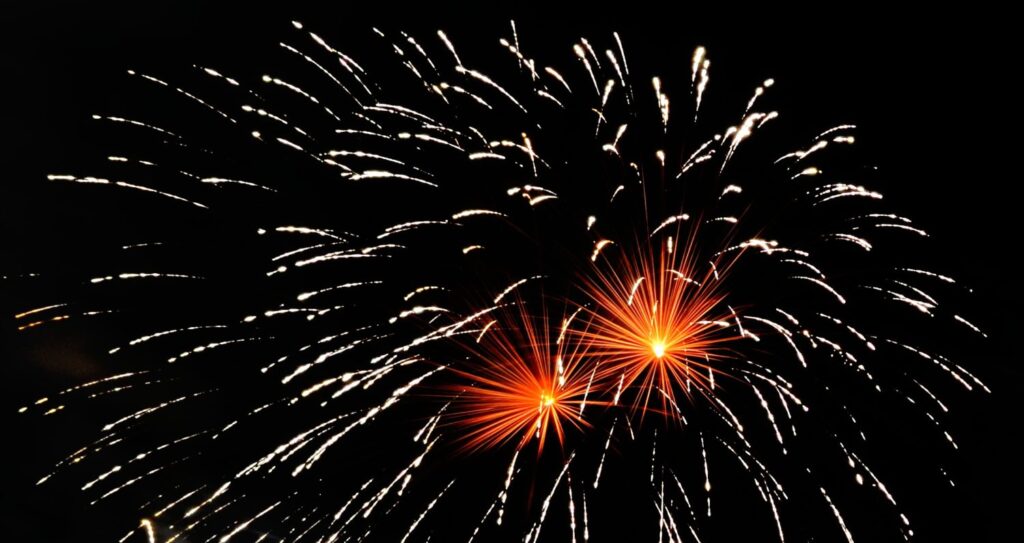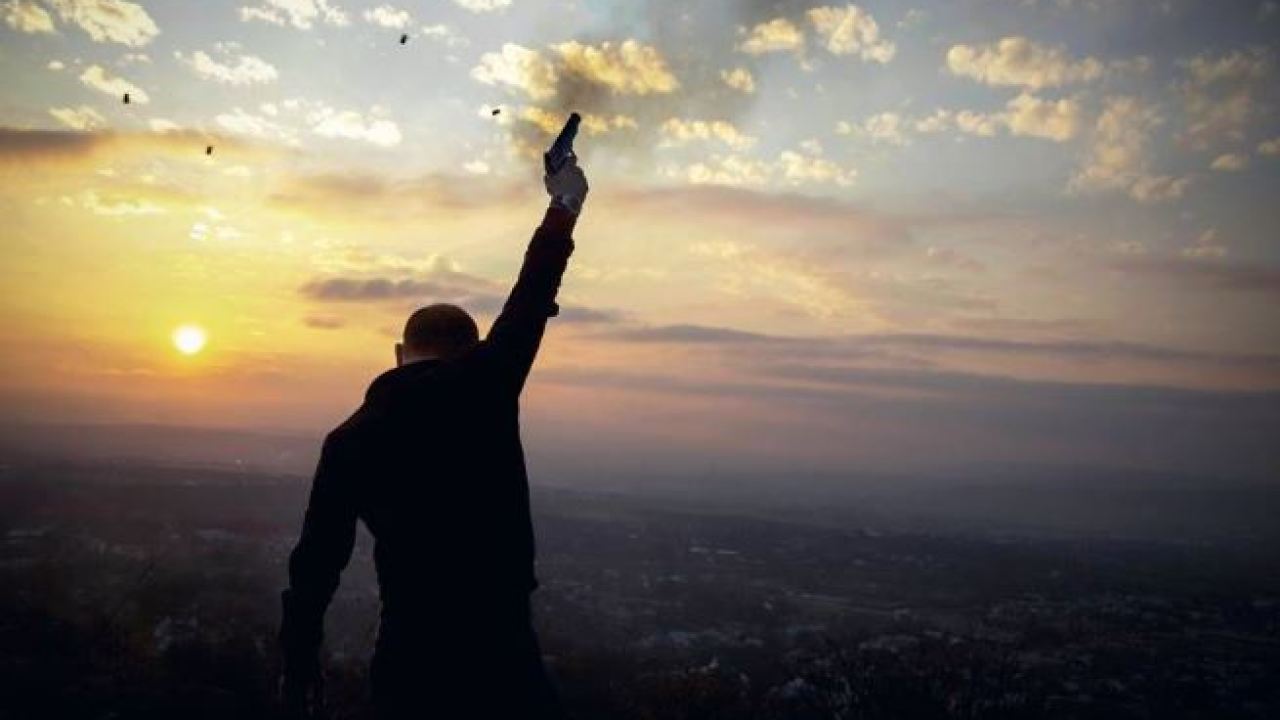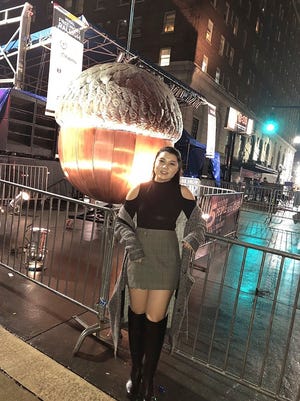SAN JUAN — In many cultures and geographic regions, it’s customary to shoot guns into the air to celebrate New Year’s Day or other holidays.
The purpose of what is called “celebratory gunfire” is to make loud noise to mark a joyous occasion.
However, what people don’t often realize is that those bullets will eventually come down, and when they do, they pose a deadly threat.
There are myths out there that bullets shot into the air go into outer space, or descend with enough of a drag that they are not hazardous. Neither of these beliefs is true. While only a small percentage of bullets shot in the air will actually hit a person or a pet at the velocity to cause serious damage or death, it does happen (in addition to property damage to cars, homes, etc.)
A study by the Center for Disease Control and Prevention shows that, on average, two people die and 25 more are injured on New Year’s Eve in Puerto Rico, where celebratory gunfire is common. These injuries happen all across the United States and in many other parts of the world as well. Unfortunately, it is also common in Houston, Texas.

As a trauma surgeon, I have witnessed such cases. Just last year, a woman was rushed to our ER after she was struck in the back of the head with what she described as feeling like a “cannonball. No one heard a gunshot. No one saw any gun fired in the vicinity, but we found a copper bullet lodged deeply in the top of her skull.
Fortunately, she did well after a neurosurgery team operated on her acute skull fracture. Bullets from celebratory gunfire, sometimes referred to as “falling bullets,” can travel up to a mile away through the air before they might hit a person. Most often, people are hit on the head, shoulders, or feet.
Other notable injuries and deaths due to celebratory gunfire include that of Armando Martinez, a Texas State Representative who was hit in the head with a stray bullet on Jan. 1, 2019.
Two years before that, 43-year-old Javier Suarez Rivera was struck and killed by a bullet just minutes after ringing in the new year when he stepped out of his home in Houston.
On New Year’s Day in 2013, a 10-year-old girl, Aaliyah Boyer, died of injuries she received after being hit by a falling bullet in Maryland. Sadly, there are many more of these tragic stories.
Celebratory gunfire is illegal across the United States, with crime classifications varying from a misdemeanor to a felony. In Texas, random gunfire is a Class A misdemeanor punishable by up to one year in prison and a hefty fine. If someone is injured or killed by that bullet, it is a felony.
You may ask, “If this is illegal, why are guns fired into the air at military funerals and events?” The key difference here is that those planned demonstrations use blanks, not live ammunition. Most community celebratory gunfire uses live rounds, which is what creates these deadly consequences.
Am I suggesting you walk around with a Kevlar vest and helmet on December 31? No. But I do recommend you share the deadly risk of celebratory gunfire with anyone who is thinking of engaging in this pastime. As I’m sure the families of those who have been killed or injured can tell you — it’s not worth it.
If you or someone you know wants to make noise for the new year, consider the countless other safe and legal alternatives, such as banging pots and pans.
Virgin Islands Police Commissioner Trevor A. Velinor agreed saying that law enforcement warns against ringing in 2021 with celebratory gunfire.
“When you fire them up, they come down,” Commissioner Velinor said. “‘A couple’ of homes were hit by bullets in 2020 with the real possibility of people being injured or killed. Please don’t do it.”
CONFUSING CASE OF KAITLYN KONG
Kaitlyn Kong thought she had been punched hard in the abdomen as she stood among thousands of people in downtown Raleigh, North Carolina, as the new year arrived a year ago. Her best friend, standing next to her, thought Kong had been stabbed as blood poured from a wound.
It wasn’t until Kong underwent an X-ray that she and hospital medical staff realized she had been shot after someone fired a gun into the air to celebrate the new year.
Although rare, people get hurt by celebratory gunfire on New Year’s Eve and other holidays, prompting law enforcement authorities to caution people that bullets fired into the air endanger people’s lives.
Raleigh police Lt. Mario Campos said the city receives a small number of calls about gunfire during New Year’s Eve celebrations, but he would not discuss what happened to Kong, saying it remains under investigation. Raleigh police said the shot could have been fired from several blocks away.
“Our message has always been not to do it because it’s dangerous and illegal in our city,” Campos said. “Bullets can travel a long distance. Any gunfire discharged into the air has to come down and land on something.”


